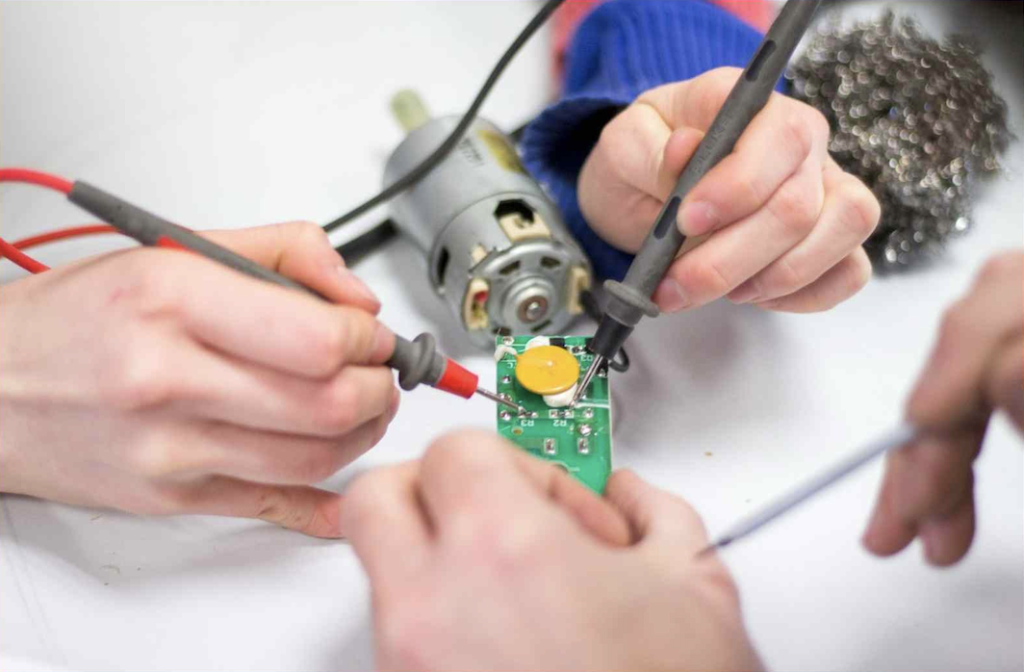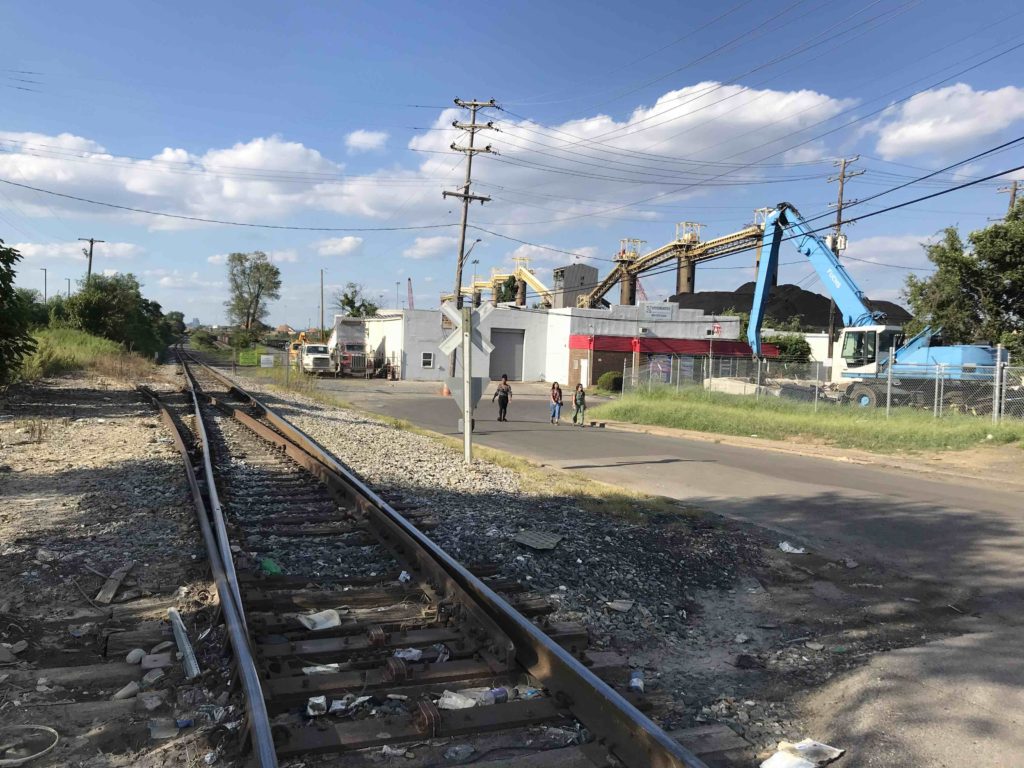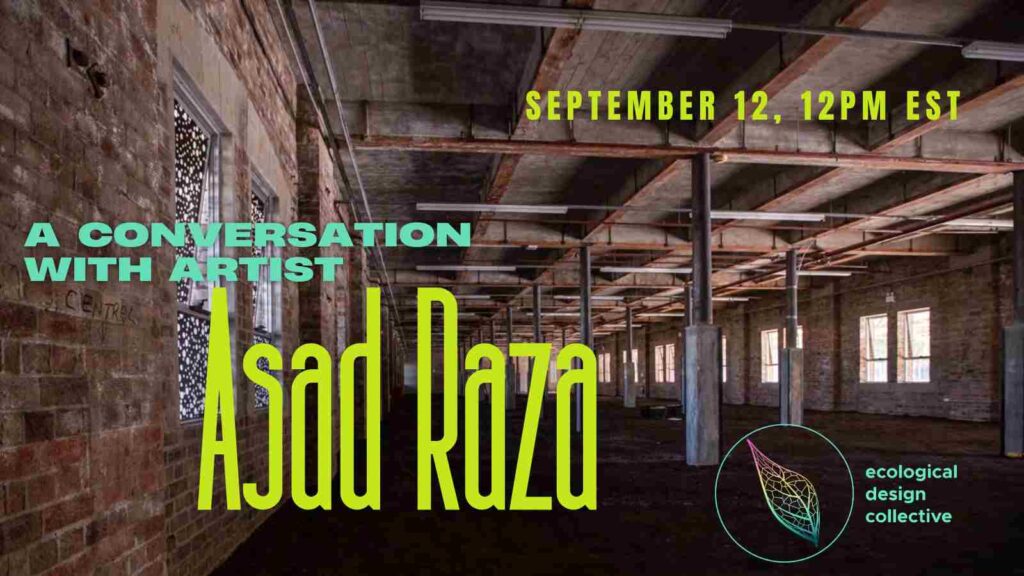
Zero Waste to Zero Emissions in Maryland
When it comes to sustainability initiatives, it is incredibly easy to find oneself stuck in the seeming *hopelessness* of it all. Sometimes, we need some positivity and perspective to tug us out of that rut. Zero Waste to Zero Emissions in Maryland, a virtual presentation by a panel of experts on Wednesday, November 9th, was the perfect moment to take stock of all the good going on in the state of Maryland! The panel of experts was beautifully balanced. We heard from:
Jennifer Kunze—Maryland Program Coordinator for Clean Water Action
(our eternally beloved) Shashawnda Campbell—South Baltimore Community Land Trust
Marvin Hayes—Program Manager for Baltimore Compost Collective
Phil Westcott—Founder of Key City Compost
Richard Jefferies—Regenerative farmer and partner at Key City Compost
The first portion of the presentation was an overview of the Global Alliance for Incinerator Alternative (GAIA) Zero Waste to Zero Emissions report. The full report is linked here and the executive summary is linked here. A Tale of Five Cities: Plastic Barriers to Zero Waste is another GAIA report that may be of interest, linked here. According to GAIA, zero waste is a crucial part of any climate plan and is a realistic solution for the global economy. COMPOSTING is a key way to achieve this, a “climate gamechanger.”
Maryland has made significant headway in passing composting legislation. We’re now seeing more in cities (where geography complicates matters), public schools (where funding may not exist), and farms (where laws restrict certain disposal methods for food waste). In 2021, Maryland’s legislature passed House Bill 264, stating that “ beginning in January 2023, commercial entities that generate more than 2 tons of food scraps and are located within 30 miles of an industrial compost center will be required to separate and divert food waste from landfills and incinerators” (Baltimore Sun). But to achieve the goal of a composting facility in Baltimore, we have to turn to experts.
In Frederick County, Key City Compost took it upon themselves to fill the gap in nonexistent infrastructure, diverting food waste from landfills one scrap bucket at a time. Six years later, they’re diverting several tons a week in the Maryland, D.C, Virginia, West Virginia, and Pennsylvania regions. Phil Westcott, founder, explains that his goal is to “remove friction from the system,” that is, barriers to ease of access, price sensitivity, and ability to pay out of pocket. Richard Jefferies, regenerative farmer and partner at Key City, spoke on the scientific side, about the importance of shepherding microbes (like livestock) and treating them like the living creatures they are. This creates the healthier, more abundant, and more insect-resistant food, in turn feeding the happier and healthier microbes to produce amazing soil. This is the beauty of regenerative agriculture!
Jefferies notes (paraphrased): We need to give up the old mythology driven by industry, making the transition in our minds first. So much of the mythology isn’t true. We are capable of weaning ourselves off of the products we’ve been offered our whole lives.
Marvin Hayes certainly made the transition in his mind. Founder of the Baltimore Compost Collective, he wasn’t in the mood to wait until the Curtis Bay incinerator shut down. He was going to start immediately! Marvin has compost fever and he’s VERY CONTAGIOUS. Because of his and his team’s efforts, many Baltimore community residents are able to donate their food scraps to the Filbert Street Community Garden in Curtis Bay. Check out his powerful spoken word performance of his environmental justice poem on YouTUBE. “Learn so we don’t burn!!”
What’s next in Maryland? On the agenda is the passage of the Reclaim Renewable Energy Act. Check out the description here.
For a full recording of the presentation, check out this link.







Responses